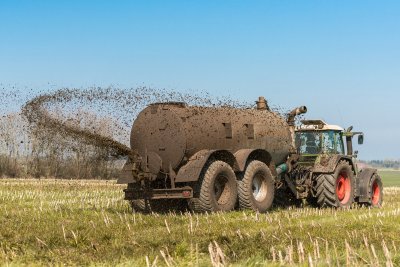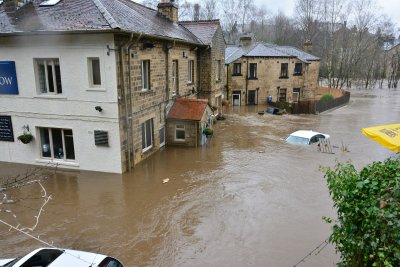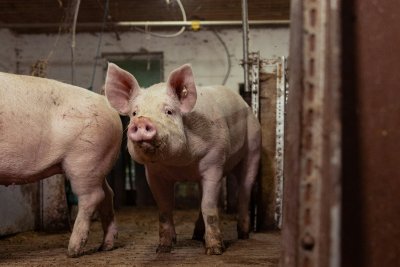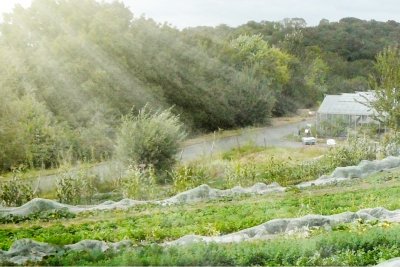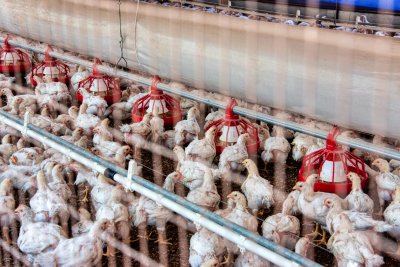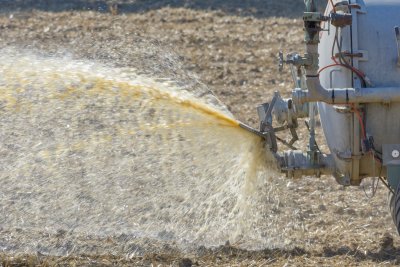The current review of national planning policy should empower councils to block applications from intensive livestock units due to an increasing spread of toxic waste, exposed in a new Muck Map.
Up to 33,450 tonnes of manure is produced every day by chickens and pigs in factory farms, according to new research by Sustain, Compassion in World Farming and Friends of the Earth.
A new interactive ‘Muck Map’ of the UK models indicative muck spread on farmland. The Severn, Great Ouse, Ouse (Yorkshire), Trent, Norfolk Rivers Group and the Wye top the list of river catchments being polluted by factory farms.
Every day, factory farmed chickens and pigs produce 3,649 tonnes of waste in the river Severn, 2,540 tonnes in the Ouse (Yorkshire), 2,974 tonnes in the Great Ouse, 2,262 tonnes in the Norfolk River Group and 2,456 tonnes in the Trent.
As part of the current review of the National Planning Policy Framework, Sustain believes that a stronger and clearer framework is needed to allow councils to turn down planning applications that could further harm local rivers and wildlife. River water quality has been declining across the UK, yet current planning rules for England do not encourage councils to refuse applications for new factory farms where pollution is already a problem, despite the recommendation of an Environmental Audit Committee inquiry in 2023 that they should do so.
The high volume of toxic waste produced by factory farms in the UK means that today agricultural waste is the most common form of pollution, preventing rivers from achieving good ecological status. Waste from factory farms is responsible for 70% of nitrate pollution in the UK, meaning that soils in every region in England are in nitrogen surplus; some receive more than twice what they can absorb. The nutrient pollution crisis is so severe that housebuilding in 74 local authorities in England has been stalled, with many of the areas that are too polluted to build in corresponding with factory farming hotspots.
Ruth Westcott, Climate and Nature Emergency Manager at Sustain, said:
“Our planning rules have failed to prevent factory farm corporations from flooding our rivers with pollution. Local councils and communities are desperate to protect their rivers, but they are facing a wave of applications for large and dangerously polluting units. The new review of our national planning policies means that the government has an opportunity to ensure new planning rules support councils to protect their communities better.
But we need to do more than reform planning policy, because many farmers have little choice but to intensify. Farmers and farm workers need to earn a decent living from nature friendly, agroecological farming. That means regulation to ensure farmers get a fair deal and offering just routes to diversify out of intensive livestock.”
Sustain and Compassion in World Farming are asking people to call on Angela Rayner to ensure new planning policy reflects these findings.
Tractor with slurry tank on the field. Copyright: Wolfgang Jargstorff | shutterstock
Food for the Planet: Food for the Planet is helping local authorities, businesses and organisations take simple actions to tackle the climate and nature emergency through food.
